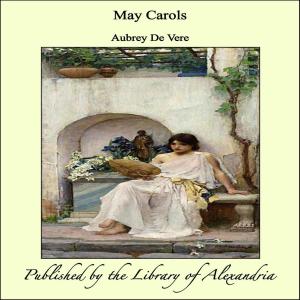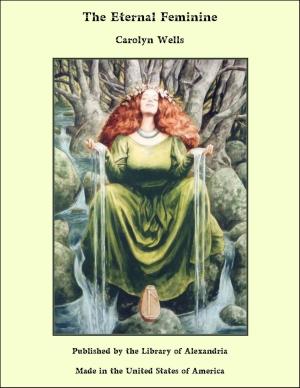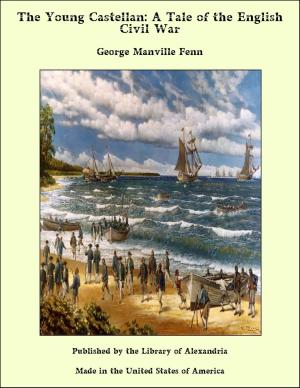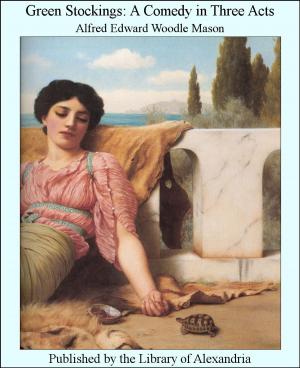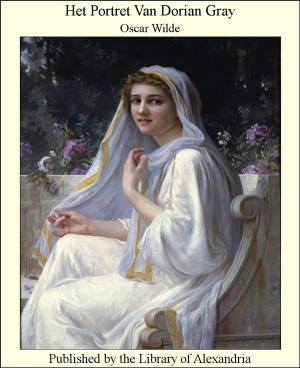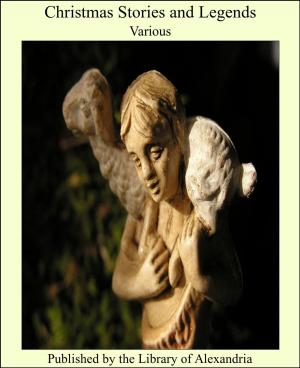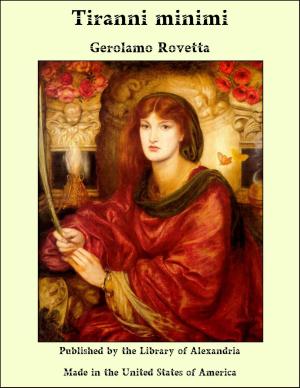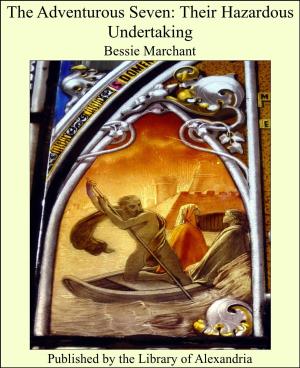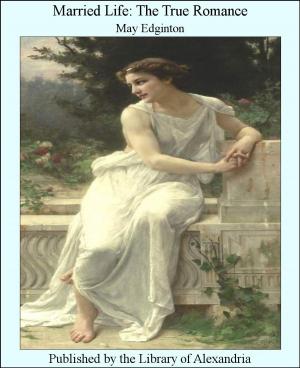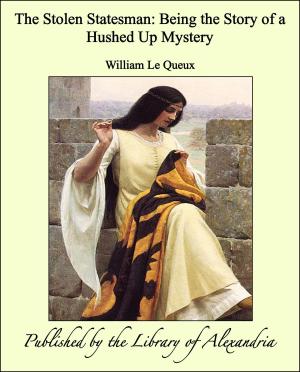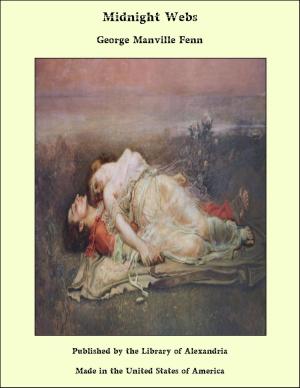| Author: | Stewart Edward White | ISBN: | 9781613104286 |
| Publisher: | Library of Alexandria | Publication: | March 8, 2015 |
| Imprint: | Language: | English |
| Author: | Stewart Edward White |
| ISBN: | 9781613104286 |
| Publisher: | Library of Alexandria |
| Publication: | March 8, 2015 |
| Imprint: | |
| Language: | English |
Somewhere in this book I must write a paragraph exclusively about myself. The fact that in the outcome of all these stirring events I have ended as a mere bookkeeper is perhaps a good reason why one paragraph will be enough. In my youth I had dreams a-plenty; but the event and the peculiar twist of my own temperament prevented their fulfilment. Perhaps in a more squeamish ageand yet that is not fair, either, to the men whose destinies I am trying to record. Suffice it then that of these men I have been the friend and companion, of these occasions I have been a part, and that the very lacks and reservations of my own character that have kept me to a subordinate position and a little garden have probably made me the better spectator. Which is a longer paragraph about myself than I had purposed writing. Our broad grins faded. The minstrels’ jokes changed colour. As I look back, it seems to me that I can almost see with the physical eye the broad restless upheaval beneath the surface of all society. The Mexican war was just over, and the veteransyoung veterans allfilled with the spirit of adventure turned eagerly toward this glittering new emprise. Out in the small villages, on the small farms, the news was talked over seriously, almost without excitement, as offering a possible means of lifting the burden war had laid. Families strained their resources, mortgaged their possessions, to equip and send their single strongest members to make the common fortune. Then came the song that caught the popular ear; and the rush was on. Most great movements are done to song, generally commonplace. It was so in this instance. Oh, Susannah! or rather a modification of the original made to fit the occasion, first sung in some minstrel show, ran like fire in the tinder of men’s excited hopes. From every stage, on every street corner, in every restaurant and hotel it was sung, played, and whistled. At the sound of its first notes the audience always sprang to its feet and cheered like mad
Somewhere in this book I must write a paragraph exclusively about myself. The fact that in the outcome of all these stirring events I have ended as a mere bookkeeper is perhaps a good reason why one paragraph will be enough. In my youth I had dreams a-plenty; but the event and the peculiar twist of my own temperament prevented their fulfilment. Perhaps in a more squeamish ageand yet that is not fair, either, to the men whose destinies I am trying to record. Suffice it then that of these men I have been the friend and companion, of these occasions I have been a part, and that the very lacks and reservations of my own character that have kept me to a subordinate position and a little garden have probably made me the better spectator. Which is a longer paragraph about myself than I had purposed writing. Our broad grins faded. The minstrels’ jokes changed colour. As I look back, it seems to me that I can almost see with the physical eye the broad restless upheaval beneath the surface of all society. The Mexican war was just over, and the veteransyoung veterans allfilled with the spirit of adventure turned eagerly toward this glittering new emprise. Out in the small villages, on the small farms, the news was talked over seriously, almost without excitement, as offering a possible means of lifting the burden war had laid. Families strained their resources, mortgaged their possessions, to equip and send their single strongest members to make the common fortune. Then came the song that caught the popular ear; and the rush was on. Most great movements are done to song, generally commonplace. It was so in this instance. Oh, Susannah! or rather a modification of the original made to fit the occasion, first sung in some minstrel show, ran like fire in the tinder of men’s excited hopes. From every stage, on every street corner, in every restaurant and hotel it was sung, played, and whistled. At the sound of its first notes the audience always sprang to its feet and cheered like mad


